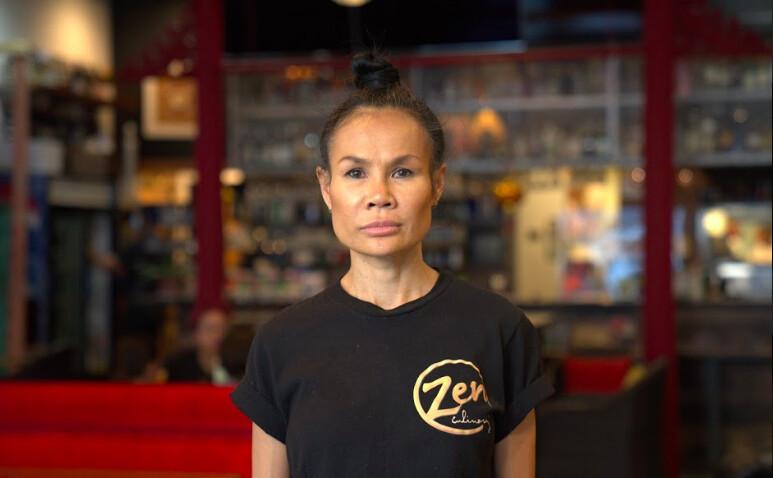PHOENIX—The political landscape appears sharply divided in Arizona, one of the fastest-growing states in the country.
In interviews with nearly two dozen voters in Maricopa County, which holds more than 4 million residents, support for President Donald Trump and Democratic nominee Joe Biden appeared neck-and-neck.





